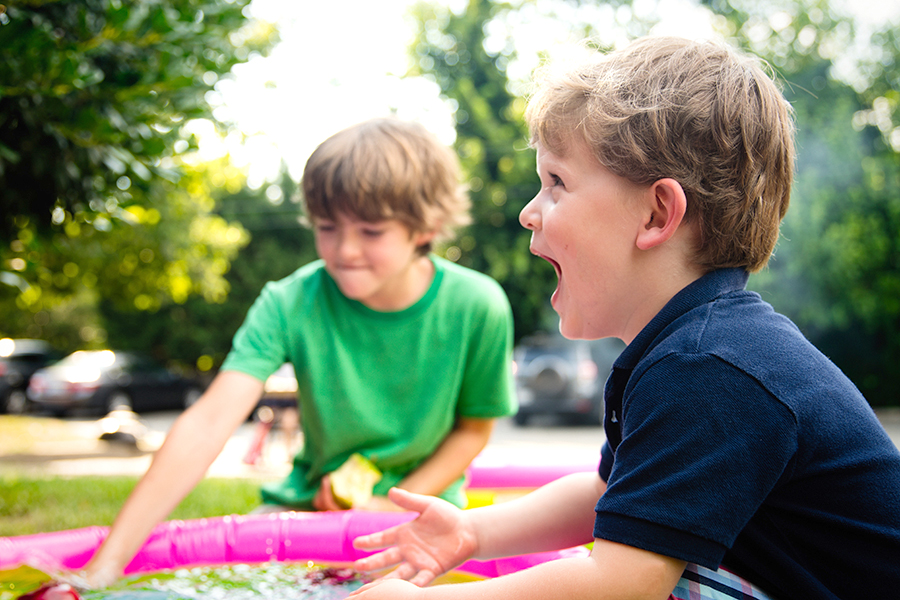Sensorial materials help the children refine and explore each of their senses. Works are grouped together according to the physical quality, for example, aroma, taste, weight, color, temperament, or sound. Other challenges include objects that vary in degree, such as height, length, or width. The purpose is to enable a child to distinguish and classify among things by isolating one’s senses so that the child gets an intense experience of that sense.
Sensorial materials prepare the children in three ways, including biological, intellectual, and social ways. The biological objective is to assist the natural development of the children. Between the ages of 3-6, the children experience rapid physical growth. Sensorial materials are designed in a way to aid possible discover and correct defects at an early age. The intellectual aim is to assist the cognitive formation in the children. The social objective consists of preparing children for their all around awareness of the world.

